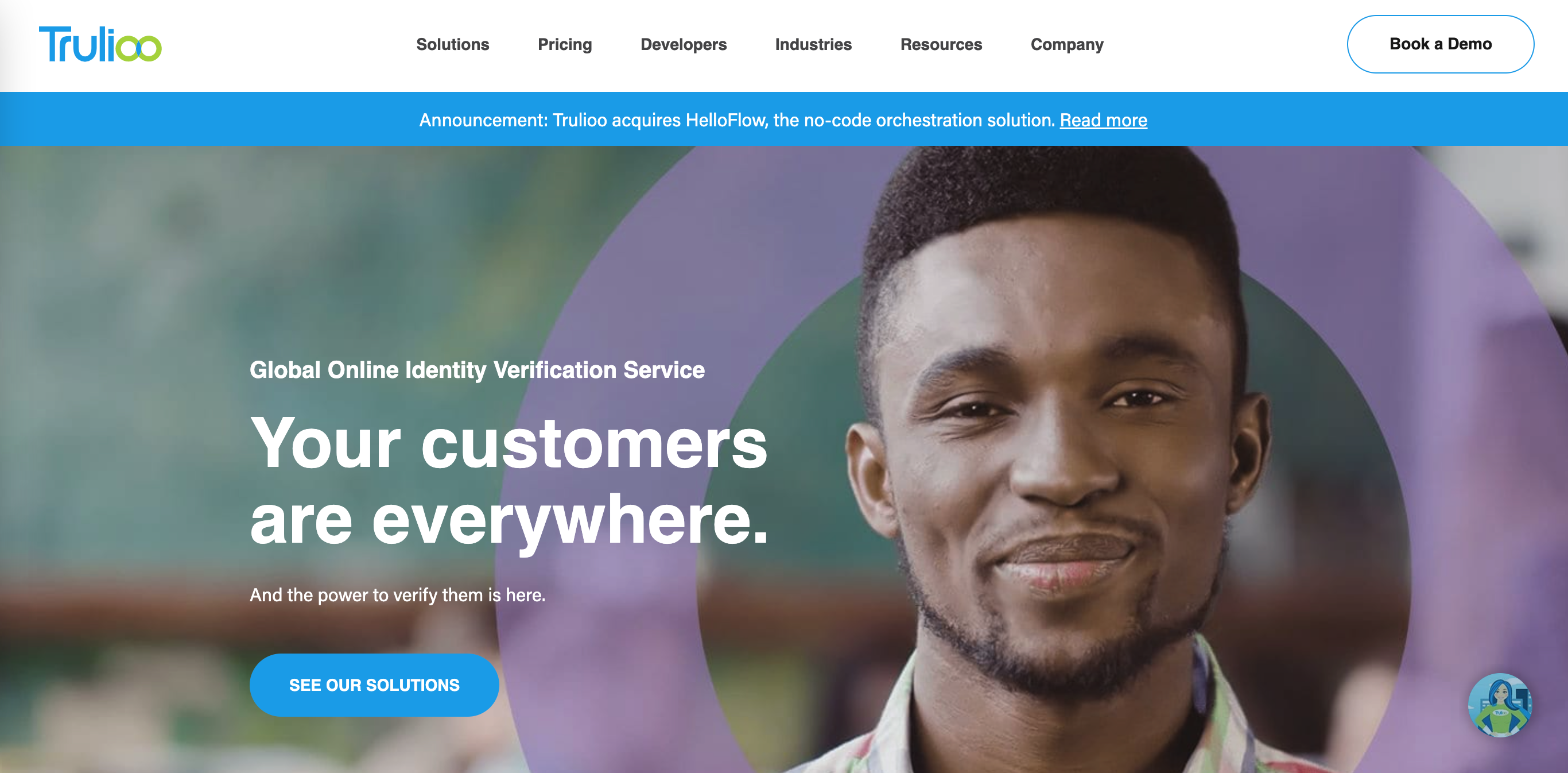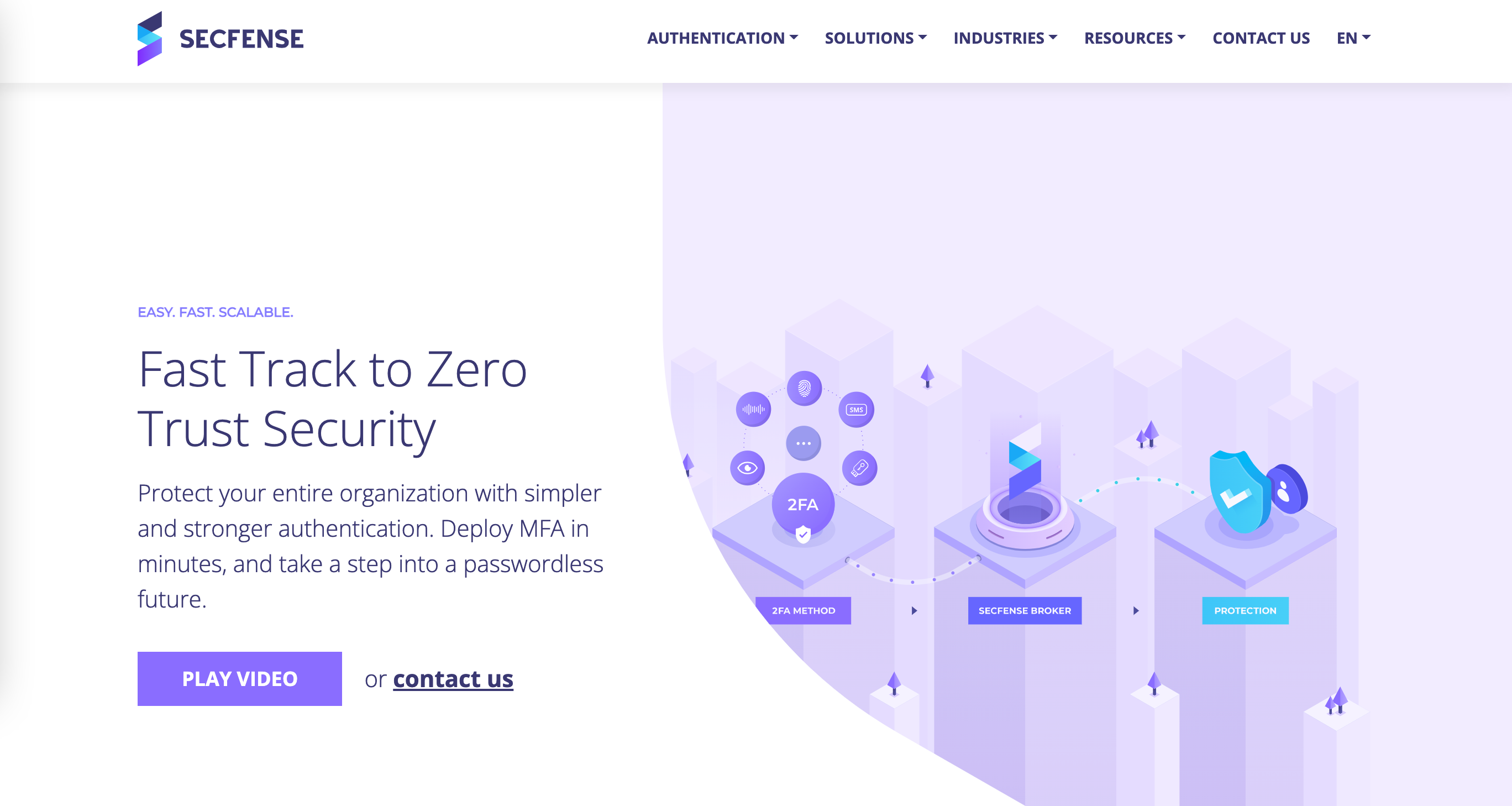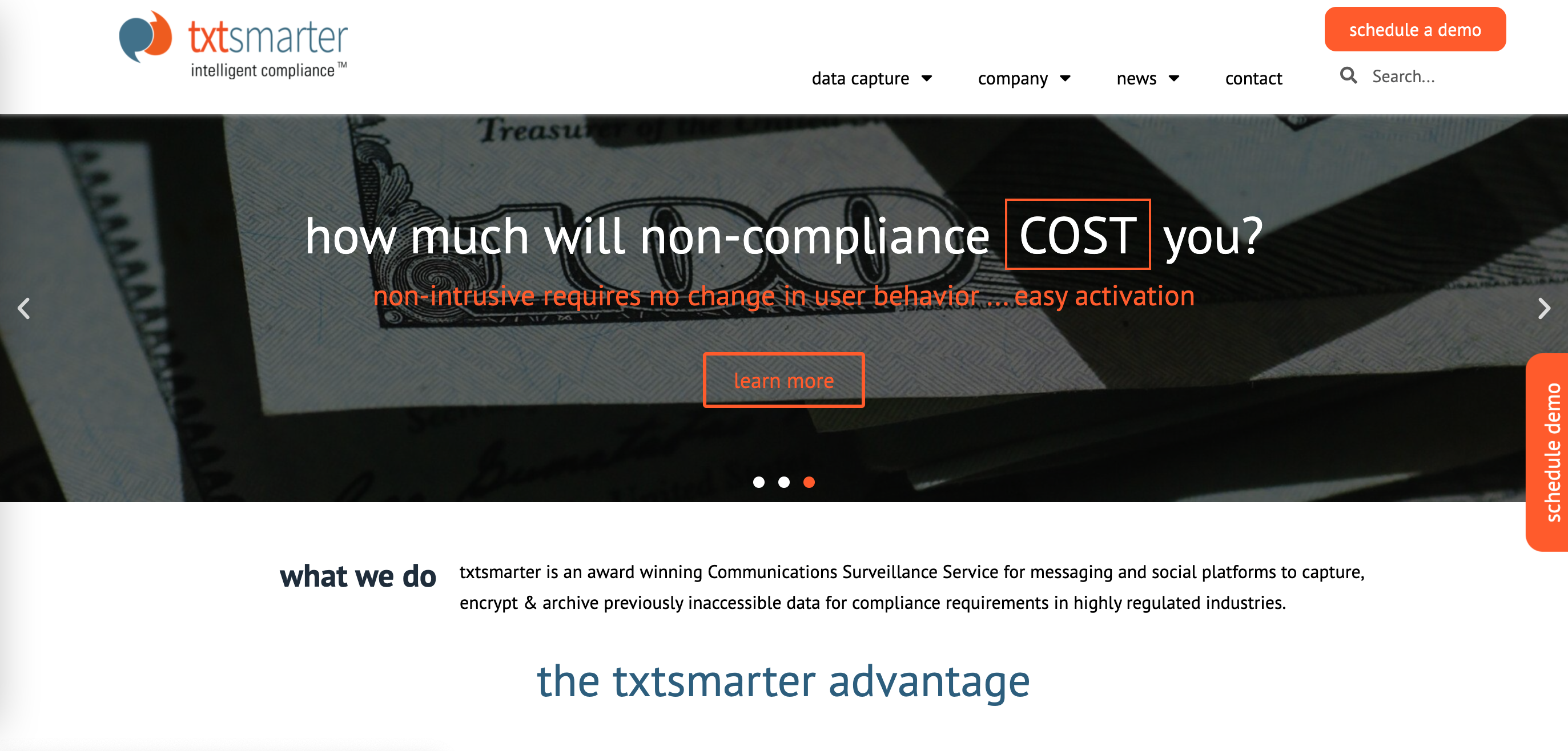
- Acorns has raised $300 million in Series F funding.
- The investment, led by private equity firm TPG, gives the company a valuation of $1.9 billion.
- The fundraising comes after the company abandoned its plan to go public via a SPAC merger.
Savings and investing app Acorns has raised $300 million in Series F funding in a round led by TPG. The investment gives the company a valuation of $1.9 billion and comes in the wake of the company’s decision to abandon a plan to go public via a SPAC merger that could have delivered Acorns a valuation in the neighborhood of $2.2 billion.
Also participating in the round were BlackRock, Bain Capital Ventures, and Galaxy Digital among others. Acorns said that it plans to use the additional funding to expand its offerings (including cryptocurrrency exposure), to enhance the ability of users to personalize their portfolios, and to fuel acquisitions. The company has raised a total of $507 million in capital, according to Crunchbase.
The investment comes amid increasing concerns over the fate of high growth fintechs in the public markets of late. In an interview with CNBC, Acorns CEO Noah Kerner pointed to “very volatile” markets as one of the reasons his company retreated from the SPAC market, saying he feared Acorns would be treated the same as other high growth technology companies whose valuations were coming under critical scrutiny. Kerner took solace in the successful Series F round which he said reflected the determination of Acorns’ private investors to support growing companies, “but not grow-at-all costs companies.”
Founded in 2012 by father and son Walter and Jeffrey Cruttenden, Acorns offers a platform that leverages micro- and robo-investing to help individuals and families save and invest. With as little as $3 a month, users can choose from among a number of diversified, exchange-traded fund (ETF) based portfolios with different asset allocation strategies. Automatic portfolio rebalancing is provided, and users can set up automatic recurring investments starting at $5 a day, week, or month, to take advantage of the efficiencies of fractional investing and dollar cost averaging. Acorns also offers a Round-Ups feature that enables users to automatically invest the spare change from their everyday purchases when they link their credit or debit card to their Acorns account.
With more than 4.6 million paid subscribers on its platform, Acorns has $4.7 billion in assets under management as of May of last year according to its Form ADV. The company is headquartered in Irvine, California.
Photo by Frank Cone from Pexels


















